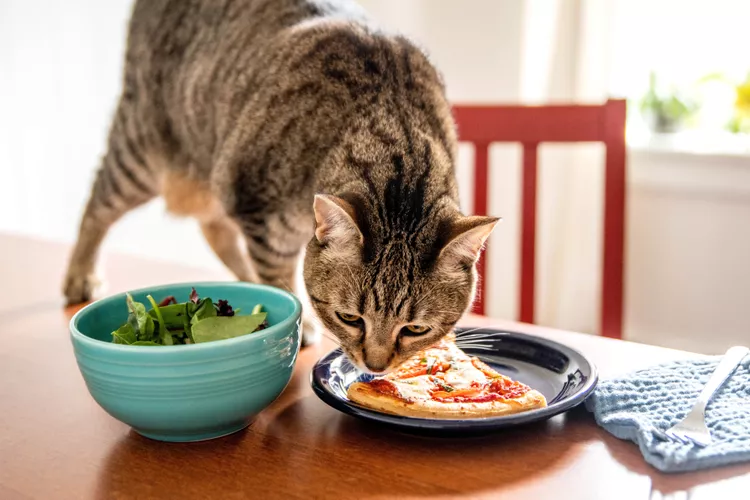
Your cat will display habitual behavior around mealtime when it is hungry, and many cats can be quite demanding when they want to be served. But cats aren't as motivated by food as dogs, so acting hungry all the time, begging, or whining for food between feedings may point to a medical issue.
Understanding how and when cats act hungry can help you know when to see your veterinarian and what to report.
Cats are smarter than you may think, and if you feed them around the same time every day, they'll know when it's mealtime. Meowing or crying and staring at you until you put food in its bowl are things a hungry cat is great at doing. No, your cat isn't starving, but it probably is hungry. Just like humans, a cat's empty stomach sends signals to its brain to tell it to eat and if you are the person that usually feeds it, your cat will make sure you don't forget its food.
If you keep your cat's treats in a specific place, and it sees you standing at that spot, then it may run over and start crying for a treat. This is even more likely to occur if you pick that bag or container up and give it a shake. Cats have excellent hearing and will come running if they hear a familiar, happy sound, especially if they are hungry.
Cats can easily jump onto a counter or table and snatch a piece of chicken or lick a stick of butter. Once they get a taste of something good that isn't in their food dish, it'll be a bad habit you'll have a tough time breaking. Cats are just like any other pet—and many people—who can't resist a tempting treat, so make sure you cover your food if you plan to leave it unattended.
Especially active cats and those who are getting inadequate amounts of food during mealtime may be more likely to steal food off the table. Increasing meal rations or feeding a food higher in calories may help keep your cat from counter-surfing if this is the case.
Cats who have had to compete or fight for food are more likely to consume their meals quickly or ravenously. Some cats even grumble or growl while eating and seem to swallow their food without chewing it. This is common with cats who have a history of being strays, feral, or who have come from a large litter of kittens where mealtime resulted in competitive eating if food was scarce.
Cats who have grown up or gotten into the habit of eating quickly may relax and learn that they need not worry about the availability of their food. After getting regular meals, most cats won't feel compelled to eat as quickly as they can, unless they truly have a medical concern that makes them feel constantly ravenous.
Vomiting is not uncommon to see in house cats. They groom themselves extensively so they often have a lot of fur in their digestive tracts, which can form a hairball. If a cat is not able to pass a hairball in its feces, then the fur will either come out when your cat vomits, or it will become stuck in its stomach or intestines. If a hairball is lodged in your cat, then it will vomit its food, since the food will be unable to digest. If you suspect your cat has a hairball or other item that is stuck in their gastrointestinal tract, take your pet to the veterinarian. X-rays will show whether your cat needs to have a swallowed item or hairball removed. This removal is often done surgically, but sometimes endoscopy can retrieve things from inside the esophagus or stomach.
Some cats vomit regularly after eating and their food is still intact or whole. This act of vomiting whole food soon after eating is called regurgitation and it usually occurs because the cat ate too quickly. Thankfully, regurgitation is easy to stop by slowing your cat down while it eats. Try spreading their food out on a cookie sheet or placing objects that are too large to eat inside your cat's food bowl. You can buy special food bowls with finger-like projections or nubs meant to make your cat work around them and therefore eat slower.
If your cat is crying for food and is gaining weight, then this is a sign to you that you should feed your cat less, despite what they are trying to tell you. Some cats, like some people, just really like food, and the more you feed them, the quicker they'll become overweight and prone to a myriad of medical issues. Diabetes, joint issues, cancer, and more are all more likely to occur in overweight pets. Most cats only require about one-fourth to one-half cup of dry kibble a day but this can vary depending on your cat's activity level and how many calories your cat food contains.
If you have a female cat who has not been spayed and could have had exposure to a male cat who has not been neutered, your cat may be hungry and gaining weight because she is pregnant. If this is the case, make sure you are feeding it a kitten formula to help provide maximum nutrition to the growing kittens inside your cat.
Cats that seem to always be hungry and never gain weight are often diagnosed with some sort of ailment. These include:
Thankfully, most cats just love to eat and their day revolves around naps and meals. As long as your cat's weight is stable, it isn't vomiting, having diarrhea, or acting strangely, it is most likely just a food-motivated feline.
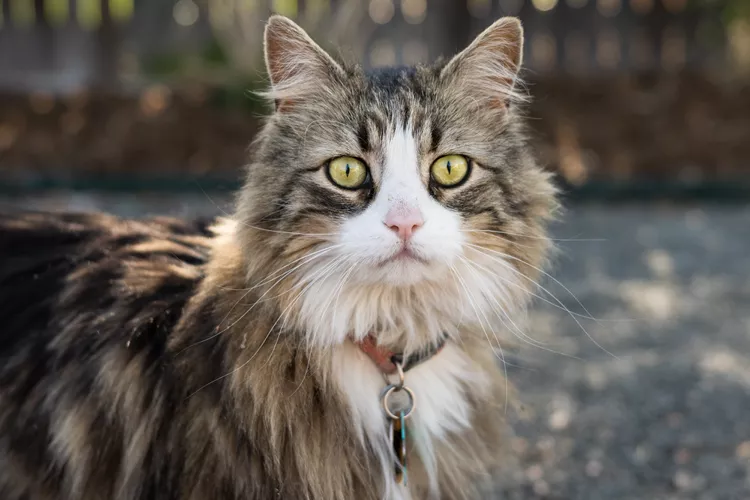
75 Unisex Cat Names
Our gender neutral cat names perfect for your feline friend, with a diverse selection of fun and inclusive options to fit your pet's disposition.
Why Does My Cat Stink?
Is your cat stinky? Find out about the causes of bad odors in cats and when it is something to be concerned about. Learn how to help your stinky cat.
Signs of Rabies in Cats
Rabies is a fatal and contagious virus that can affect cats. Learn about the signs of rabies in cats and what to do about them.
Can Cats Eat Dog Food?
Can cats eat dog food? In small amounts, it's unlikely to be a problem, but long-term feeding of dog food to cats can cause health issues and malnutrition.
Exploring the Different Types of Pet-Friendly Beaches
Are you looking for pet-friendly beaches? Learn about the different types of pet-friendly beaches, their locations, and tips for visiting them with your pet.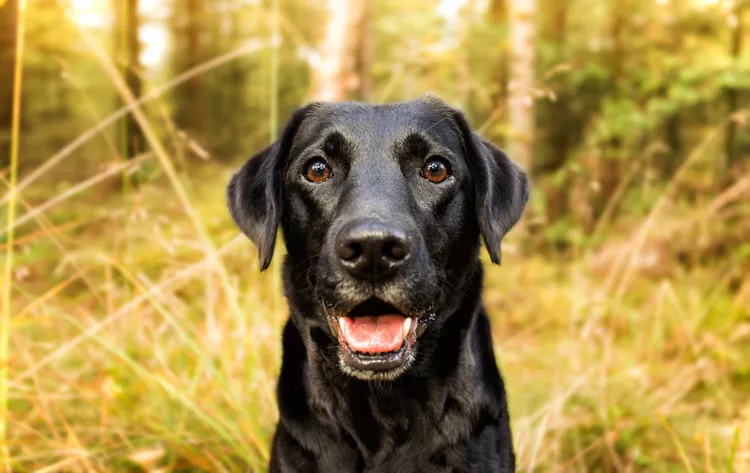
Pulled Muscles in Dogs
A pulled muscle is one of the most common injuries seen in dogs. What can you do if your dog pulls a muscle and how can you prevent it?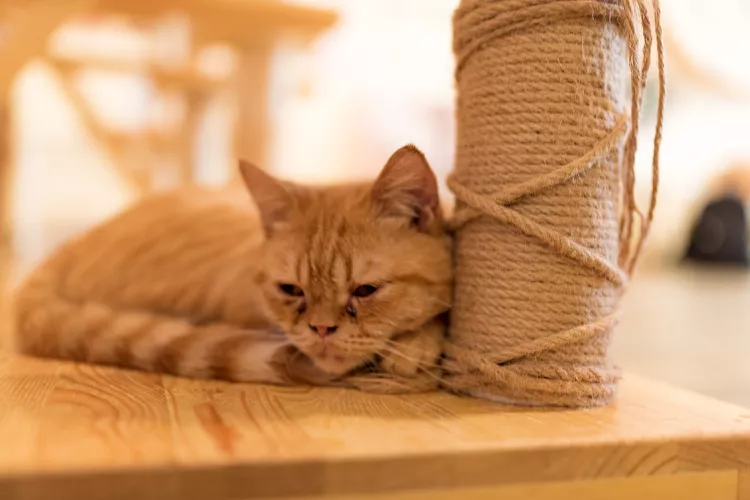
Fibrosarcoma in Cats
Fibrosarcomas are potentially fatal soft tissue tumors that can occur in cats. Learn the causes, treatment, and prevention.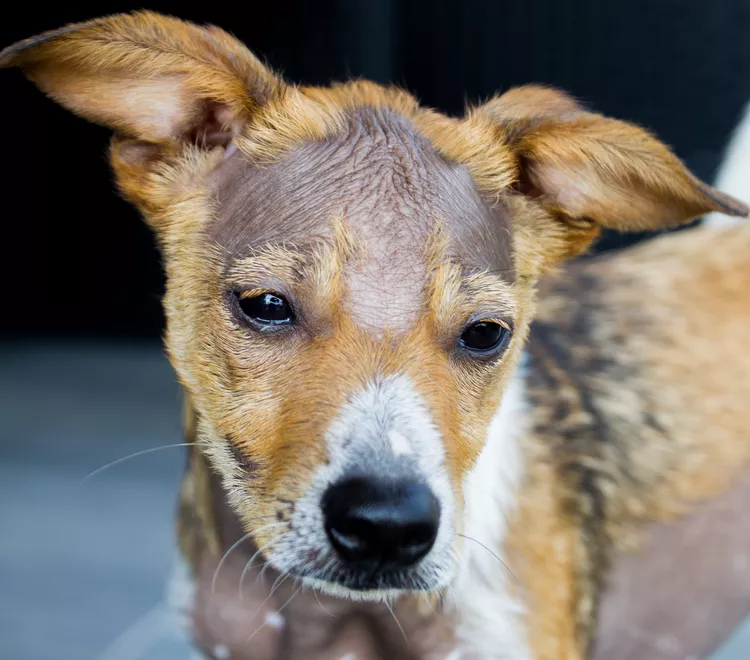
Alopecia in Dogs
Alopecia leads to hair loss and bald spots in dogs. Some breeds may be more at risk. Learn common causes, treatment, and prevention of dog alopecia.
Is Acetaminophen Safe for Dogs?
Acetaminophen is used by humans for pain and fever relief, but is it safe for dogs? Here's what you need to know before giving your dog acetaminophen.
Can Dogs Eat Almonds? Understanding the Risks and Guidelines
Can dogs eat almonds? While a couple likely won't hurt, it's best to avoid feeding your dog this nut. Learn the risks here.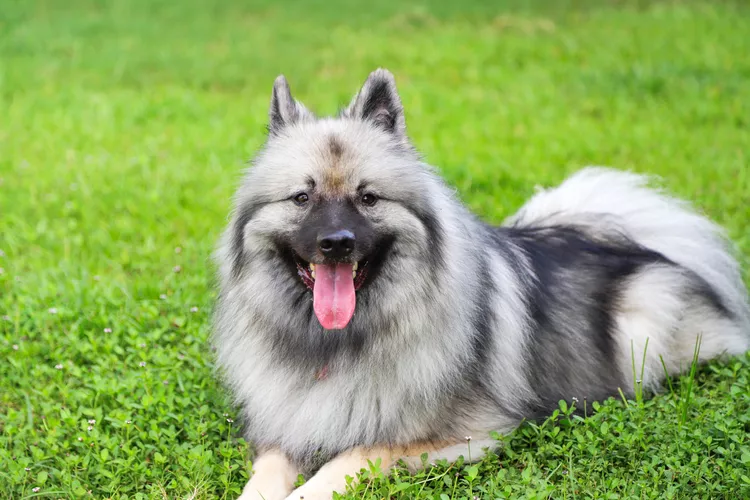
Keeshond: Dog Breed Characteristics & Care
Learn about the keeshond dog, also known as the Dutch Barge Dog. This fluffy spitz breed was bred to guard, but also makes a friendly companion.
Is Rosemary Safe for Dogs?
Rosemary is used both for cooking and as a supplement with many reported health benefits in people, so you may be wondering if it is safe to give to your dog. Rosemary is considered non-toxic for dogs but with some caveats.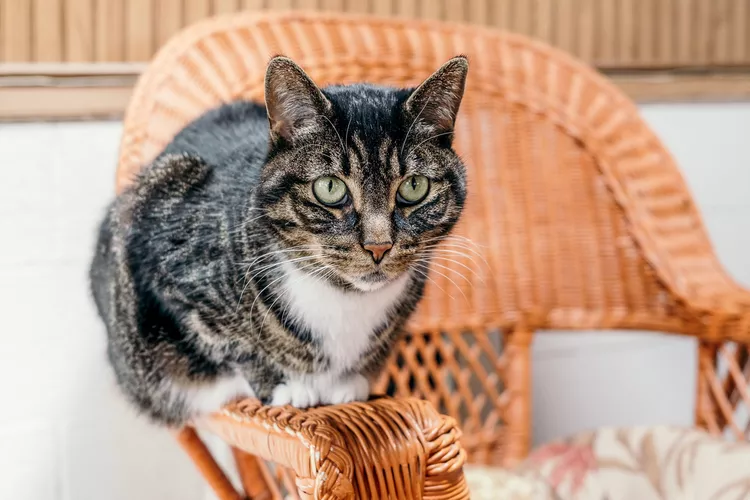
7 Hybrid Cats Breeds
Hybrid cat breeds can make appealing pets since they look more exotic than domestic house cats, but they aren't for everyone.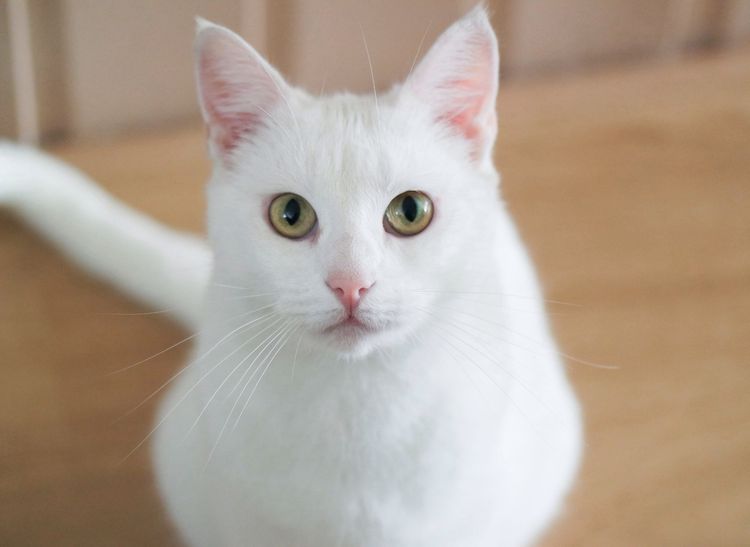
The Best White Cat Breeds to Keep as Pets
Several breeds can result in white cats with long or short hair. Find out the pros and cons of these white cat breeds.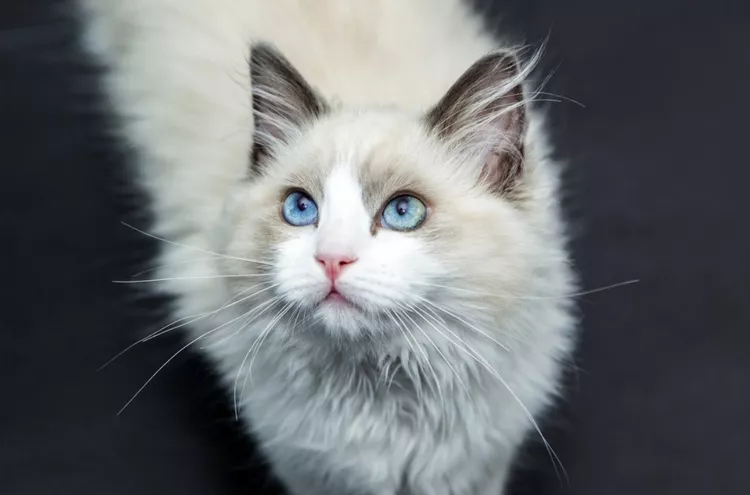
11 Cute Pictures of Ragdoll Cats
Ragdoll cats are known for their beautiful coats and bright, blue eyes. Learn all about the breed, and check out some cute pictures here.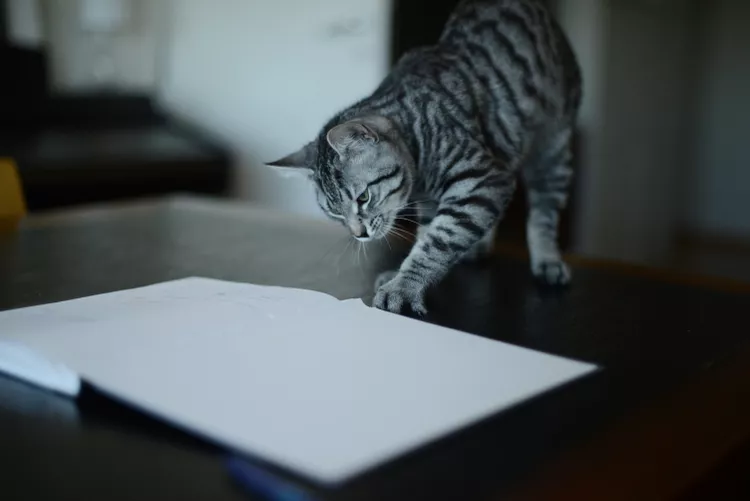
7 Reasons Why Your Cat Eats Paper, and How to Stop It
Is your cat eating paper? Learn why your cat is doing this, and find out how to put a stop to it.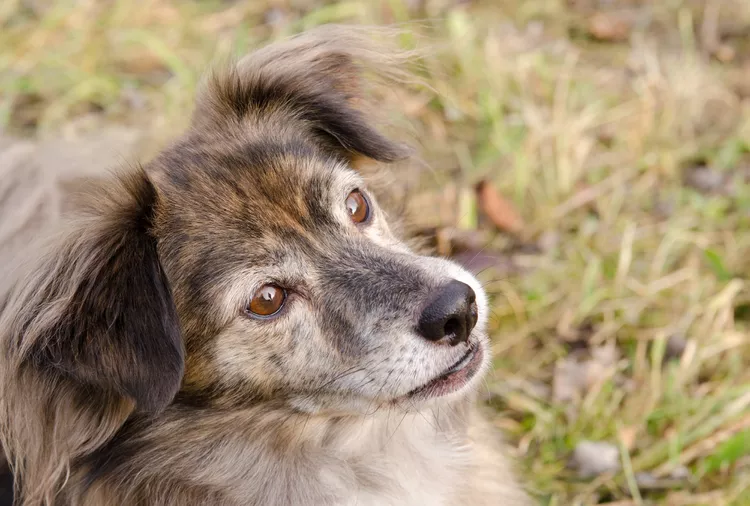
Feist: Dog Breed Characteristics & Care
Feists are small, short-haired dogs developed to hunt squirrels and catch vermin. These high-energy, affectionate pooches make great companion animals.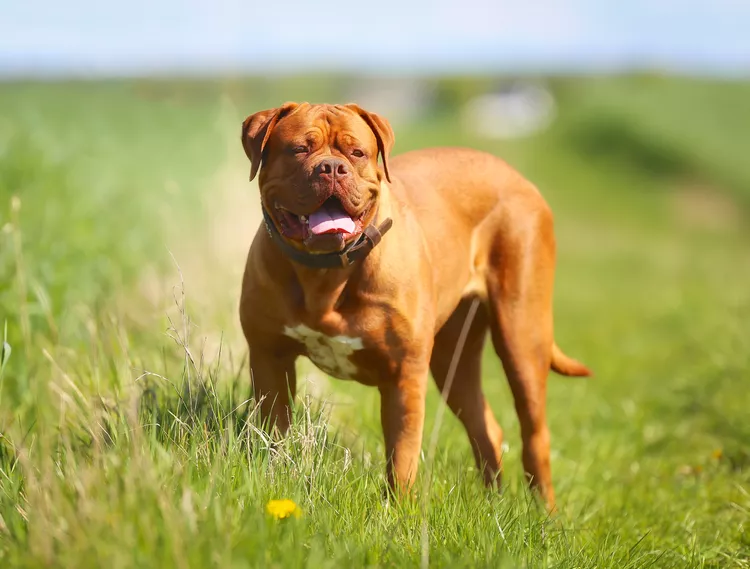
Dogue de Bordeaux (French Mastiff): Dog Breed Characteristics & Care
Learn about the Dogue de Bordeaux, also called the French mastiff. Although large and muscular, they’re known for their calm and gentle personality.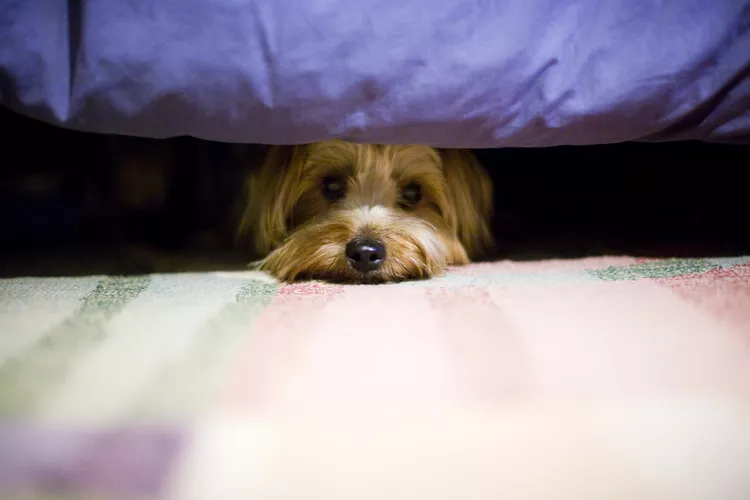
How to Stop Your Dog From Fearing Men
Many dogs have a phobia of men. Learn how to help your dog overcome its fear through desensitization and training while keeping everyone safe.
Why Dogs Eat Poop and How to Stop Them
Is your dog eating poop? Some dogs do this because of stress or illness. Learn how to prevent stool eating, or coprophagia, in dogs.